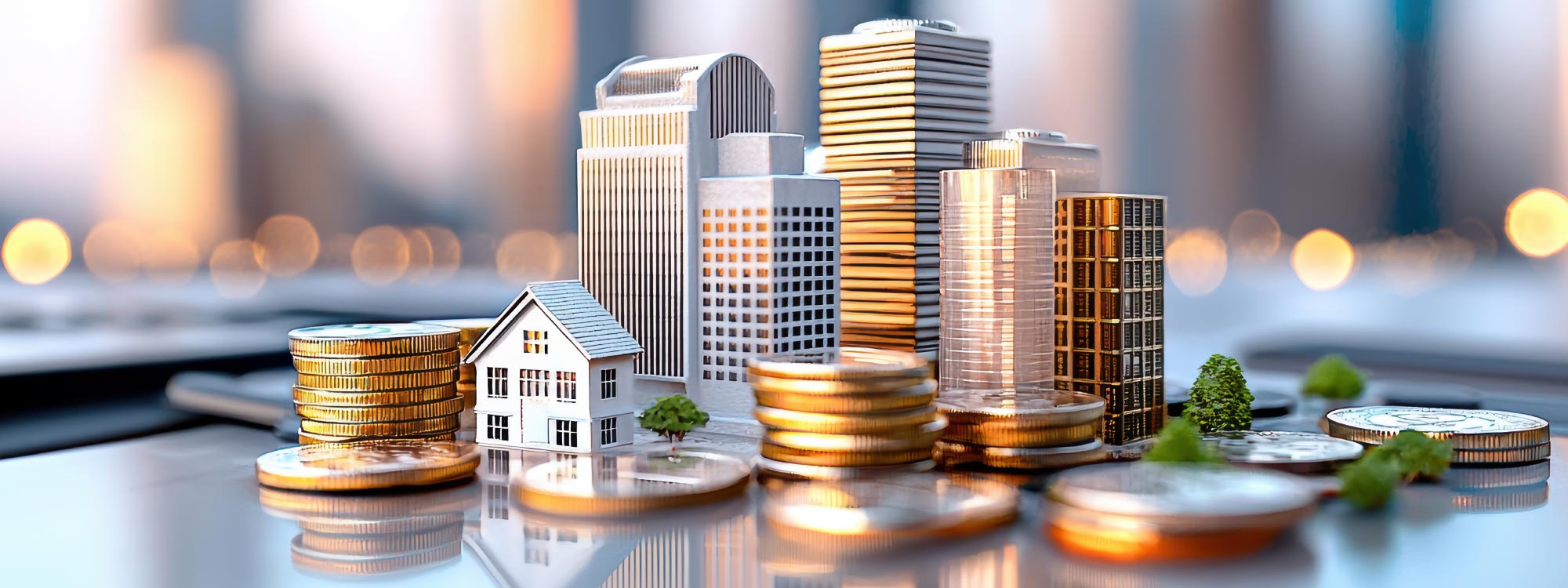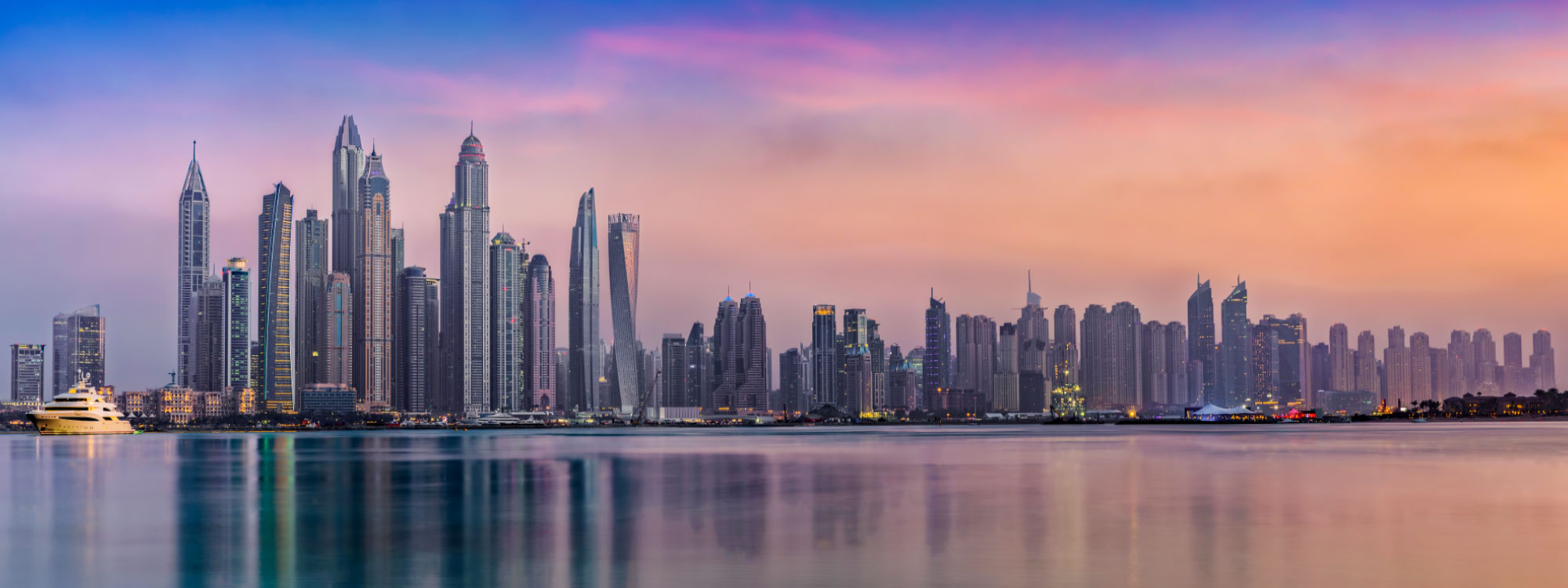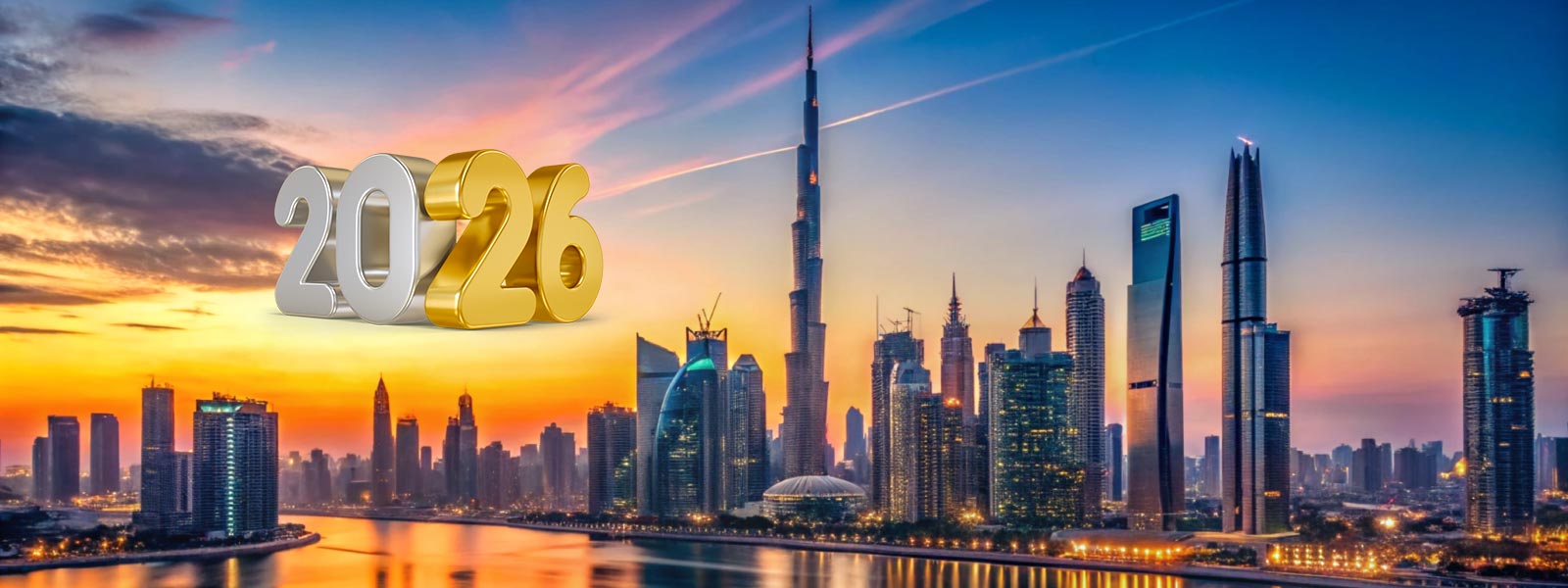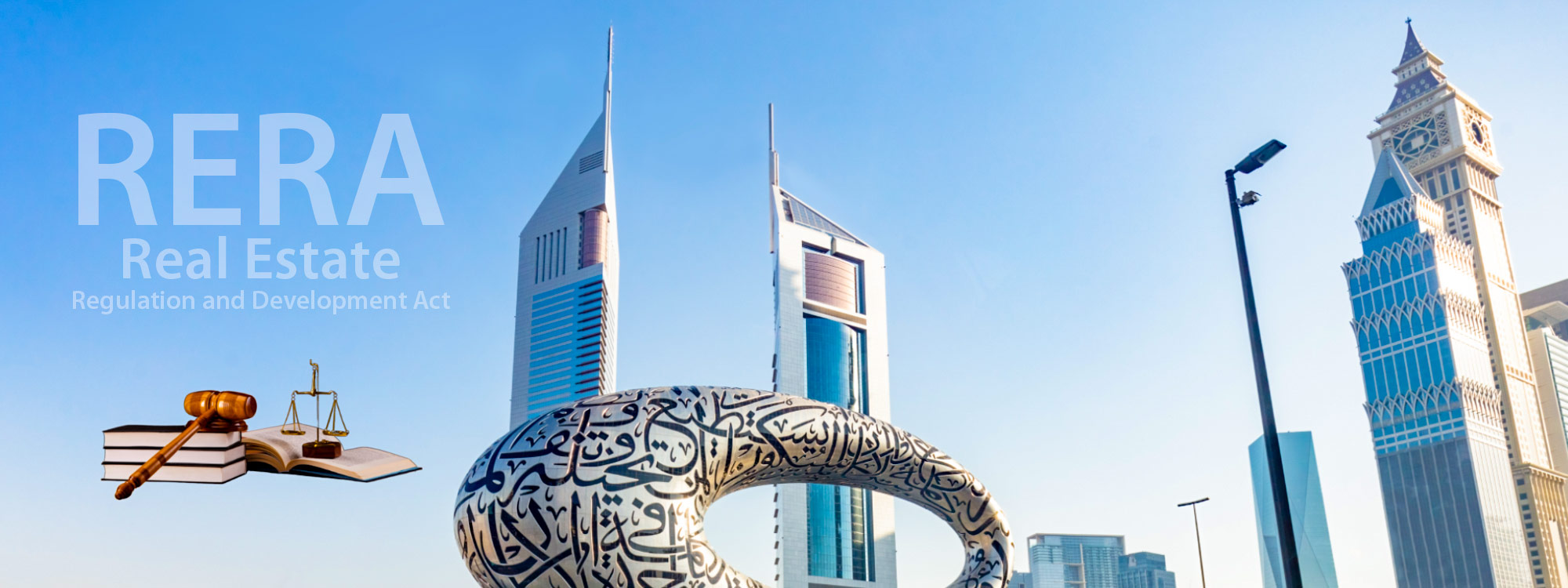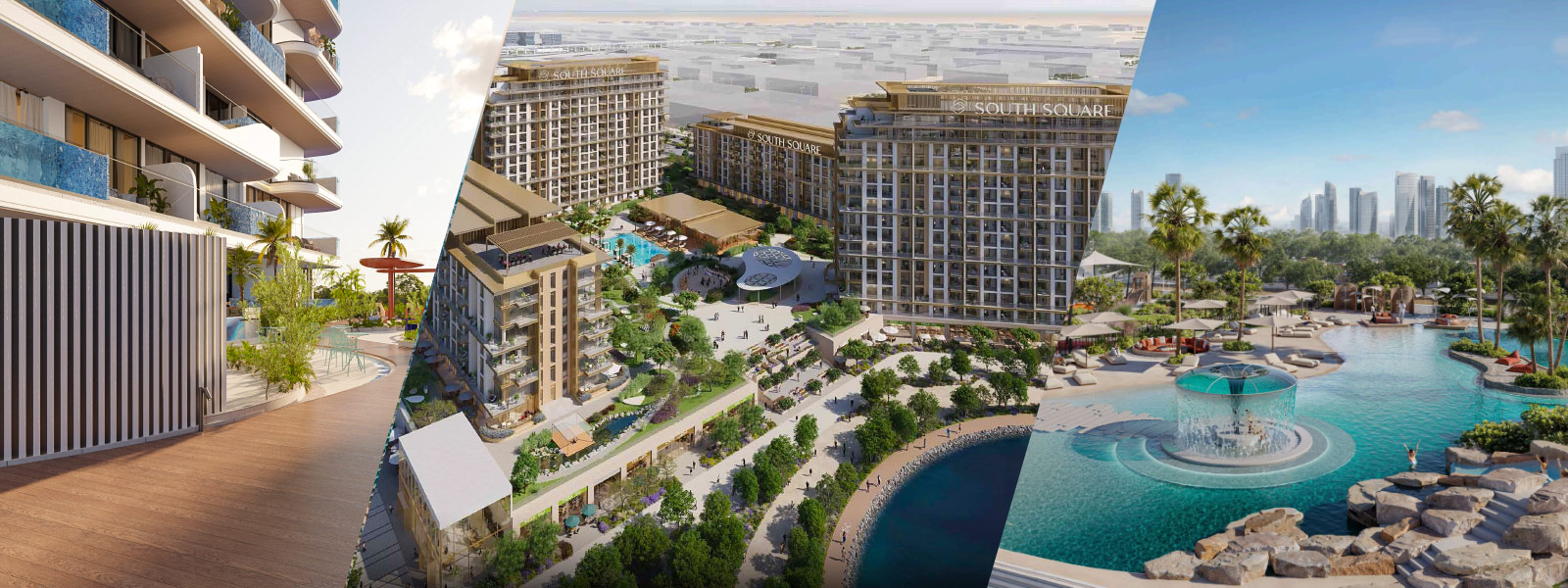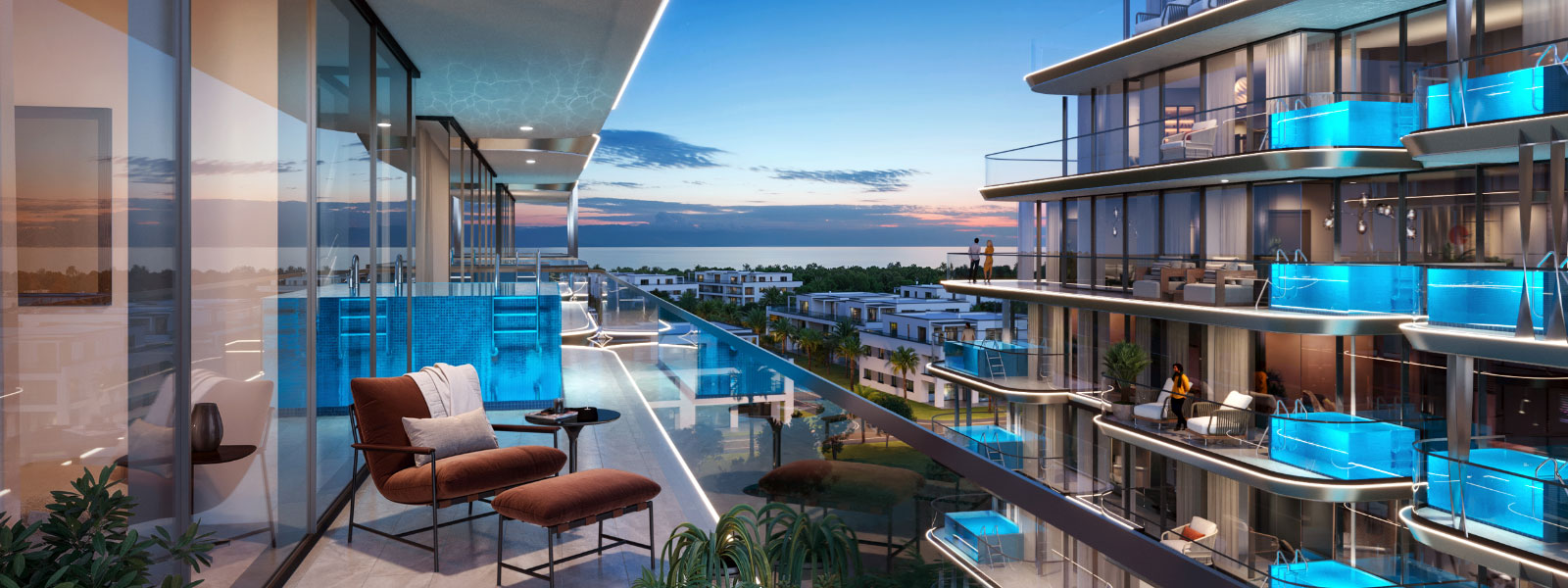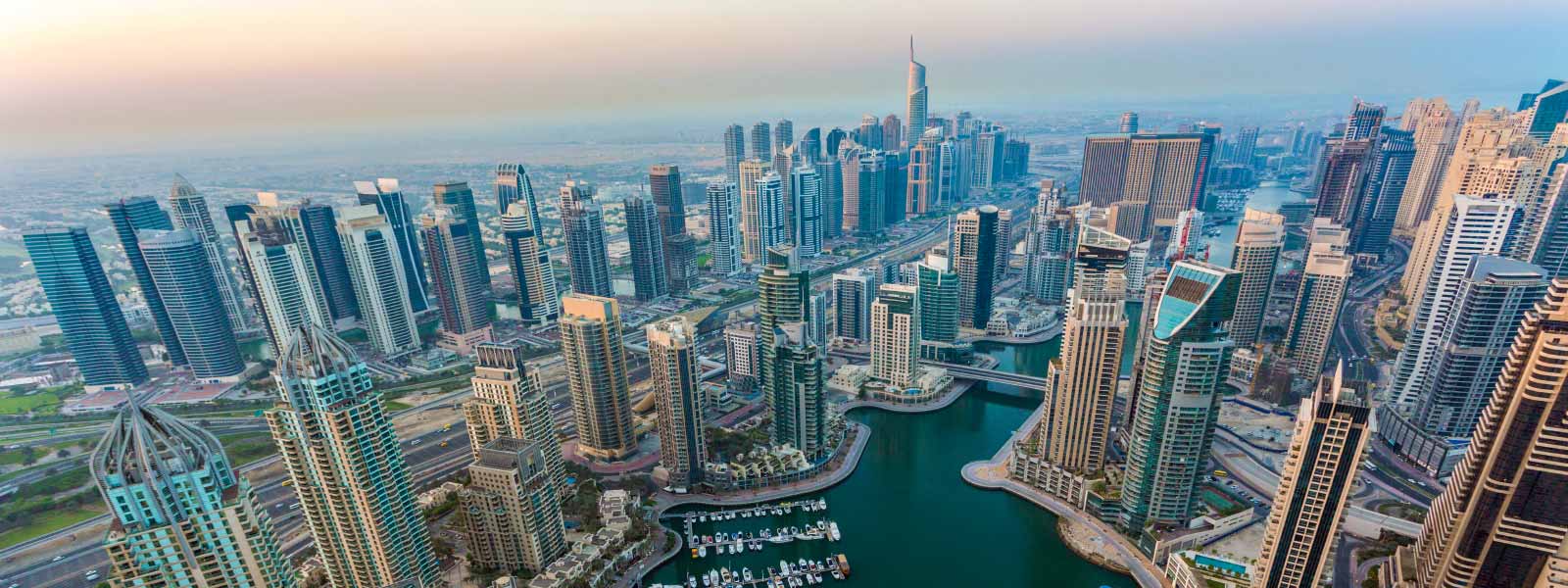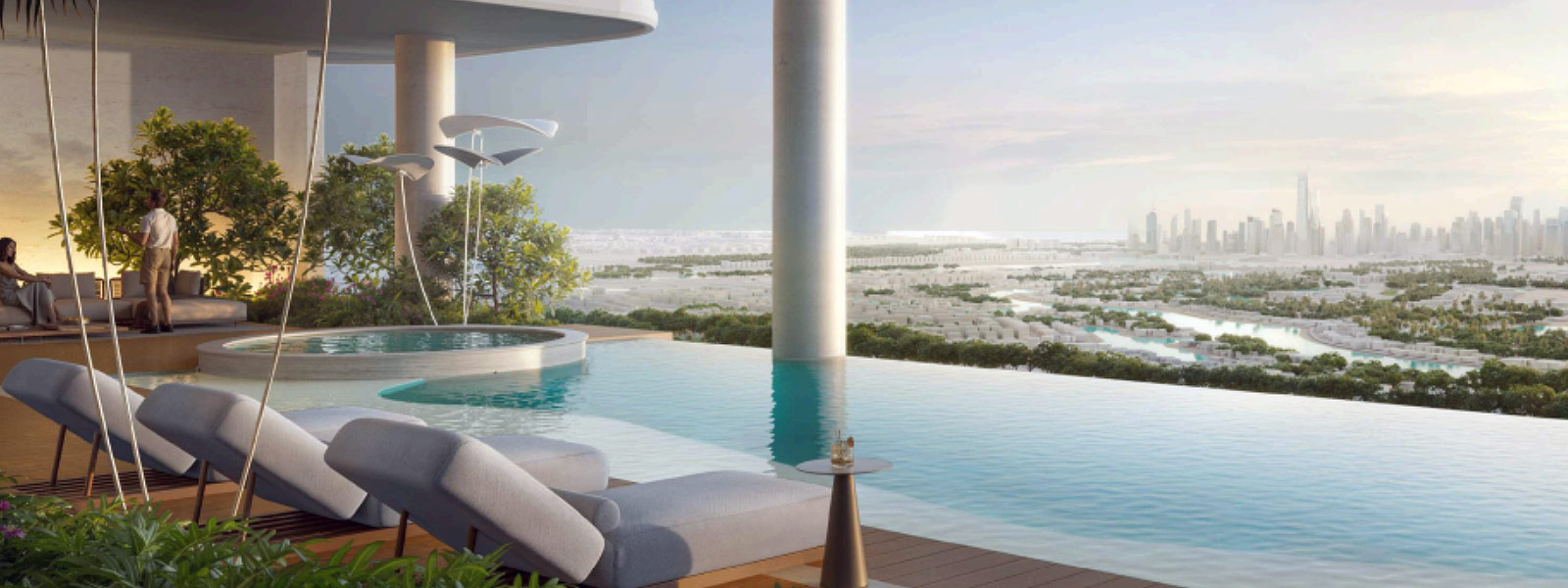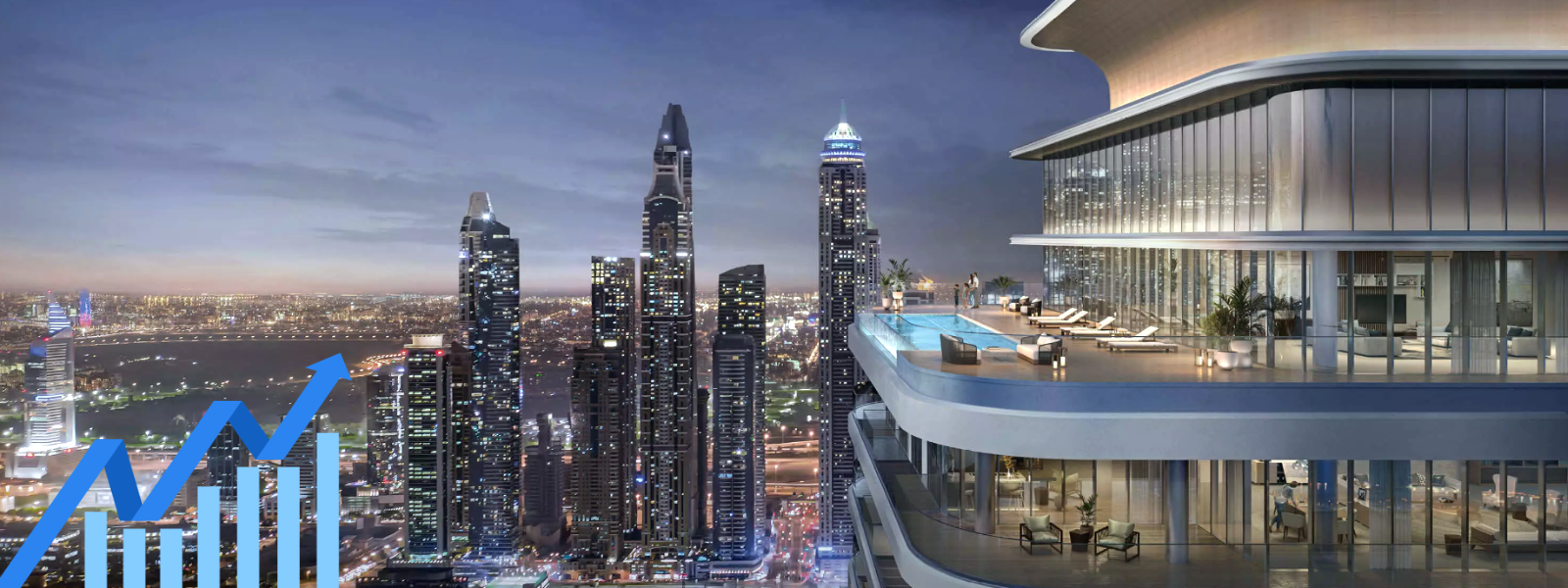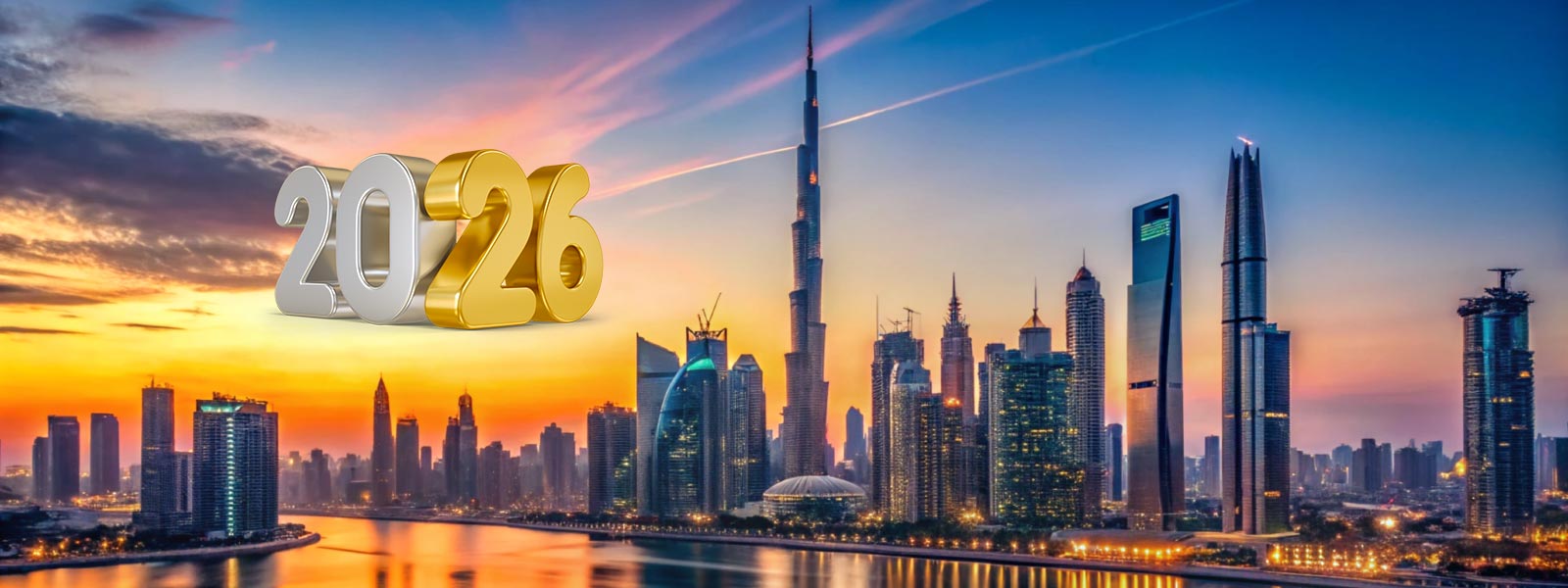
Dubai Real Estate Market Prediction 2026: What Investors Need to Know
Dubai’s real estate market has seen a blistering rally over recent years, driven by foreign investment, relaxed visa policies, and infrastructure growth. As we approach 2026, investors are asking: what comes next? This article dives into the market outlook for 2026, offering an evidence-based forecast and practical guidance for buyers and investors.
Current Market Overview (2024–2025)
-
Residential property prices in Dubai surged by nearly 60% between 2022 and Q1 2025. Reuters+2RP Realty Plus+2
-
Rental yields peaked and vacancy rates tightened; in Q1 2025, median asking prices for two-bedroom apartments rose 17% year-on-year. Global Property Guide
-
Supply is accelerating, analysts estimate the residential pipeline could reach nearly one million units by end of 2026.
Dubai Real Estate Forecast for 2026
Price Movement
-
While some reports expect continued modest growth (3.5%–5.2%) through early 2026, others expect a correction of up to 10-15% due to oversupply.
-
For example, ratings agency Fitch Ratings forecasts up to a 15% drop in residential prices into 2026 given the large number of completions.
Supply & Delivery
-
Estimates suggest around 95,700 new units will be handed over in 2026, with only ~48% of forecast units expected to be completed on schedule. Khaleej Times
-
The supply surge may outpace population growth (approx. 5%), placing pressure on mid-market segments.
Investment Sectors
-
Residential remains dominant; however, commercial real estate and mixed-use developments are gaining interest.
-
Off-plan projects continue to be relevant for investors seeking early-entry pricing, though completion risk must be managed.
Emerging Investment Hotspots in 2026
-
Areas expected to outperform include Jumeirah Village Circle (JVC), Arjan, Business Bay and Dubai Islands due to value entry and growth potential.
-
Prime luxury locations such as Palm Jumeirah and Downtown Dubai remain resilient, even in a correction scenario, because of limited supply.
Key Factors Influencing 2026 Market Trends
-
Supply surge: With tens of thousands of units due for completion in 2026, timing becomes critical.
-
Population growth & migration: Dubai continues to attract high-net-worth individuals and expatriates, supporting demand.
-
Regulatory & fiscal environment: Zero property tax, stimulus and long-term visa reforms keep investor sentiment strong.
-
Economic diversification & infrastructure: Initiatives such as D33 and major events bolster confidence.
-
Completion risk & developer credibility: Delays remain a challenge; only ~50–60% of forecast units may deliver on time.
Expert Insights & Market Predictions
-
Analysts at Fitch believe the market will soften rather than crash, with prime locations holding up better.
-
Property consultants highlight that while supply is rising, delays and phasing will prevent a sudden oversupply shock.
Investment Tips for Buyers and Foreign Investors
-
Prioritise location: Choose communities with strong fundamentals, good connectivity and limited future supply.
-
Focus on the developer track record: Completion risk is elevated.
-
Consider investment horizon: Plan for 5 to 10 year hold to capture capital appreciation and rental growth.
-
Review payment plans and handover schedules: Off-plan deals with flexible payments are favourable.
-
Understand market cycles: If prices dip modestly in 2026, there could be buying opportunity for long-term investors.
Conclusion
Dubai’s real estate market is transitioning into a more mature phase heading into 2026. While the surge in supply implies the possibility of a moderate price adjustment, the underlying fundamentals, foreign demand, favourable regulation, and strategic infrastructure remain robust. For patient, well-informed investors, the next phase offers a real opportunity, especially in carefully selected communities and asset types.
FAQ
Q1: Will property prices in Dubai fall in 2026?
A1: Some correction (up to ~10-15%) is possible in 2026 according to Fitch, although more modest growth scenarios also exist.
Q2: Which areas will hold up best during a correction?
A2: Prime locations like Palm Jumeirah, Downtown Dubai, and well-connected mid-tier communities such as JVC and Arjan are expected to remain resilient.
Q3: Is now a good time to buy?
A3: Yes, if your horizon is long-term. Timing may matter less than choosing the right property in the right location, with a credible developer and clear delivery schedule.
Q4: How will rental yields behave in 2026?
A4: Yields are expected to moderate but remain attractive, especially in areas with a limited supply of new units and strong tenant demand.
